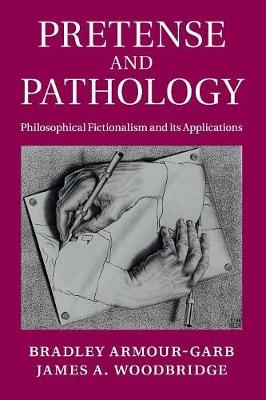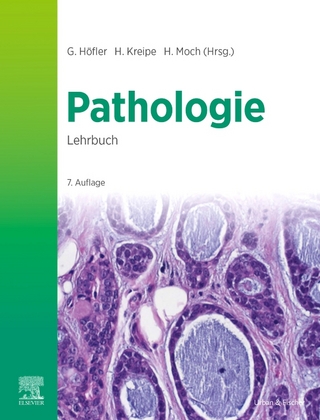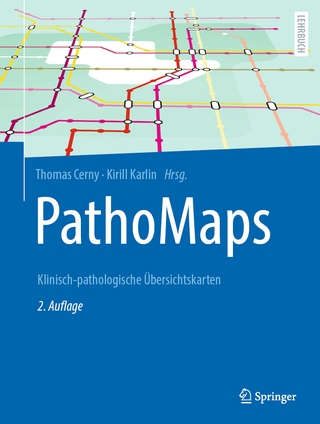
Pretense and Pathology
Cambridge University Press (Verlag)
978-1-316-64826-1 (ISBN)
In this book, Bradley Armour-Garb and James A. Woodbridge distinguish various species of fictionalism, locating and defending their own version of philosophical fictionalism. Addressing semantic and philosophical puzzles that arise from ordinary language, they consider such issues as the problem of non-being, plural identity claims, mental-attitude ascriptions, meaning attributions, and truth-talk. They consider 'deflationism about truth', explaining why deflationists should be fictionalists, and show how their philosophical fictionalist account of truth-talk underwrites a dissolution of the Liar Paradox and its kin. They further explore the semantic notions of reference and predicate-satisfaction, showing how philosophical fictionalism can also resolve puzzles that these notions appear to present. Their critical examination of fictionalist approaches in philosophy, together with the development and application of their own brand of philosophical fictionalism, will be of great interest to scholars and upper-level students of philosophy of language, metaphysics, philosophical logic, philosophy of mind, epistemology, and linguistics.
Bradley Armour-Garb is Associate Professor of Philosophy at the University at Albany, State University of New York and a Fellow of Wolfson College, University of Oxford. He is co-editor of and a contributor to several books including The Law of Non-Contradiction: New Philosophical Essays (2004), Deflationism and Paradox (2005), and Deflationary Truth (2005). He is also the editor of and a contributor to The Relevance of the Liar (forthcoming). James A. Woodbridge is Associate Professor of Philosophy at the University of Nevada, Las Vegas. He is the author of 'Truth as a Pretense' in Fictionalism in Metaphysics (2005). He has also published articles with Bradley Armour-Garb in journals including Noûs, Philosophy and Phenomenological Research, Analysis, Philosophical Studies, and the Australasian Journal of Philosophy, and in edited collections such as New Waves in Truth (2010), Recent Trends in Philosophical Logic (2014), and Unifying the Philosophy of Truth (2015).
Preface; 1. Philosophical fictionalism; 2. Semantic pretense-involving fictionalism and existence-talk; 3. Propositional realism and a SPIF account of proposition-talk; 4. T-deflationism and a SPIF account of truth-talk; 5. Diagnosing and treating the Liar Paradox and other apparent alethic pathologies; 6. SPIF accounts of reference-talk and predicate-satisfaction-talk and apparent non-alethic semantic pathology; 7. Extensions and objections; Bibliography; Index.
| Erscheinungsdatum | 06.03.2022 |
|---|---|
| Zusatzinfo | Worked examples or Exercises |
| Verlagsort | Cambridge |
| Sprache | englisch |
| Maße | 153 x 230 mm |
| Gewicht | 430 g |
| Themenwelt | Geisteswissenschaften ► Philosophie ► Erkenntnistheorie / Wissenschaftstheorie |
| Geisteswissenschaften ► Philosophie ► Logik | |
| Geisteswissenschaften ► Philosophie ► Metaphysik / Ontologie | |
| Geisteswissenschaften ► Philosophie ► Sprachphilosophie | |
| Geisteswissenschaften ► Sprach- / Literaturwissenschaft ► Sprachwissenschaft | |
| Studium ► 2. Studienabschnitt (Klinik) ► Pathologie | |
| ISBN-10 | 1-316-64826-5 / 1316648265 |
| ISBN-13 | 978-1-316-64826-1 / 9781316648261 |
| Zustand | Neuware |
| Haben Sie eine Frage zum Produkt? |
aus dem Bereich


